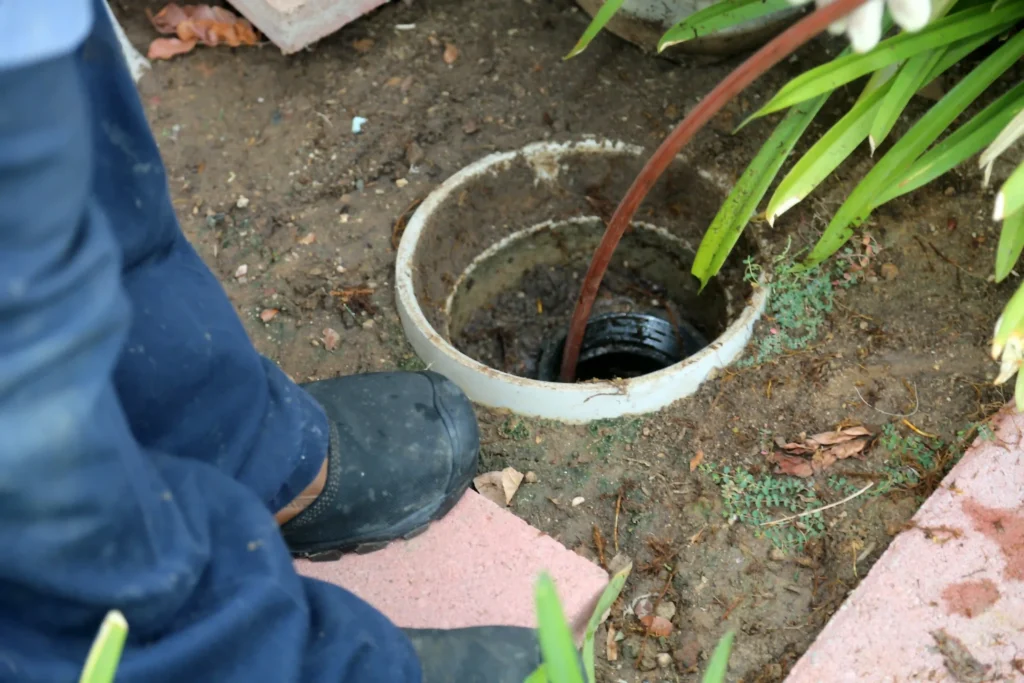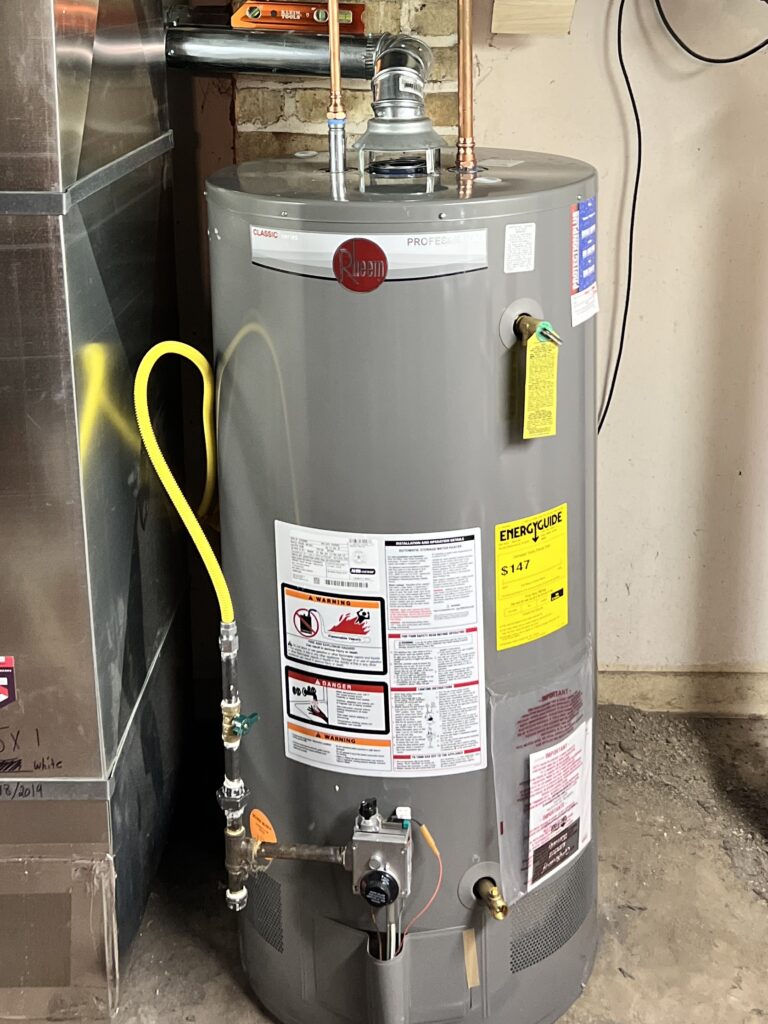

Blog
Right-sizing your HVAC system
How to Choose the Right HVAC Unit Size
When we’re considering buying a vehicle, one of the first factors we consider is the gas mileage. The gas mileage, when it comes to both city and highway driving, is an indication of efficiency. Cars are much more efficient when cruising at a consistent speed on the highway as opposed to the stop-and-go of city driving. People are usually very concerned with the efficiency of their vehicle but often overlook the importance of selecting the right heating and cooling system to maximize efficiency.
To maximize efficiency, think about choosing a system that allows your AC to circulate air consistently. Like a car driving on the highway, you want to eliminate as much starting and stopping as possible. An AC system that’s properly sized to your home will constantly be running — not shifting between high-blast and not running at all.
Why Proper AC Sizing Matters for Comfort and Efficiency
Customers frequently ask us, “What size air conditioner do I need?” When it comes to choosing an air conditioner that’s going to make your home as comfortable as possible, it’s not always best to super-size the system. A unit that is too small for your home will be working too hard to reach your desired temperature, if it reaches that temperature at all. If it’s too big, however, the AC will begin a cycle between blasting cold air and shutting off completely. Like a car in the city, this is not an efficient way to operate.
An air conditioner also dehumidifies a house. If it is oversized, it won’t always be running, which means it isn’t dehumidifying. A humid house will feel much warmer than it really is. A system that is the right size will continuously run — keeping the humidity at the appropriate level.
An HVAC professional will help you determine a system that’s right for your home.
Consider Efficient Air Conditioner Technology
Air conditioners today are equipped with technology that makes it easier to keep your system operating efficiently. Variable capacity equipment, like the Carrier® Infinity® system, is a good example of that technology at work.
The Infinity system measures indoor temperature, indoor relative humidity, and outdoor temperature, and uses these measurements to adjust its operating capacity as needed. The system tracks how long it takes to reach the desired temperature in the house and adjusts the capacity of the unit to meet that requirement. Varying capacity results in lower humidity levels in the house which means people are more comfortable at a warmer temperature. Instead of 72 degrees, they may set it at 76, which saves money on cooling costs.








